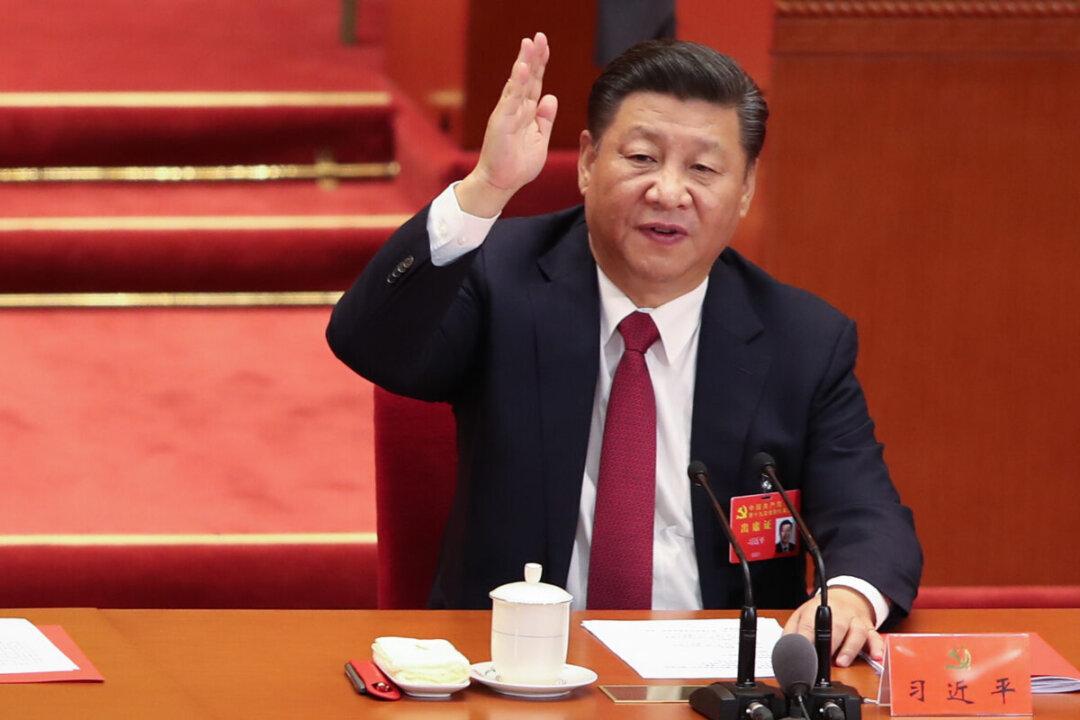As the world’s attention shifts heavily to Beijing’s role in the world in the aftermath of the shootdown of its spy balloon over U.S. territory on Feb. 4, a special hearing of the House Financial Services Committee will address subversion and aggression emanating from communist-ruled China and consider legislative proposals to counter these threats.
A topic of special interest will be how to offer alternatives to U.S. businesses that buy and sell intensively in China and make heavy use of Chinese labor, including forced labor in Xinjiang Province.





